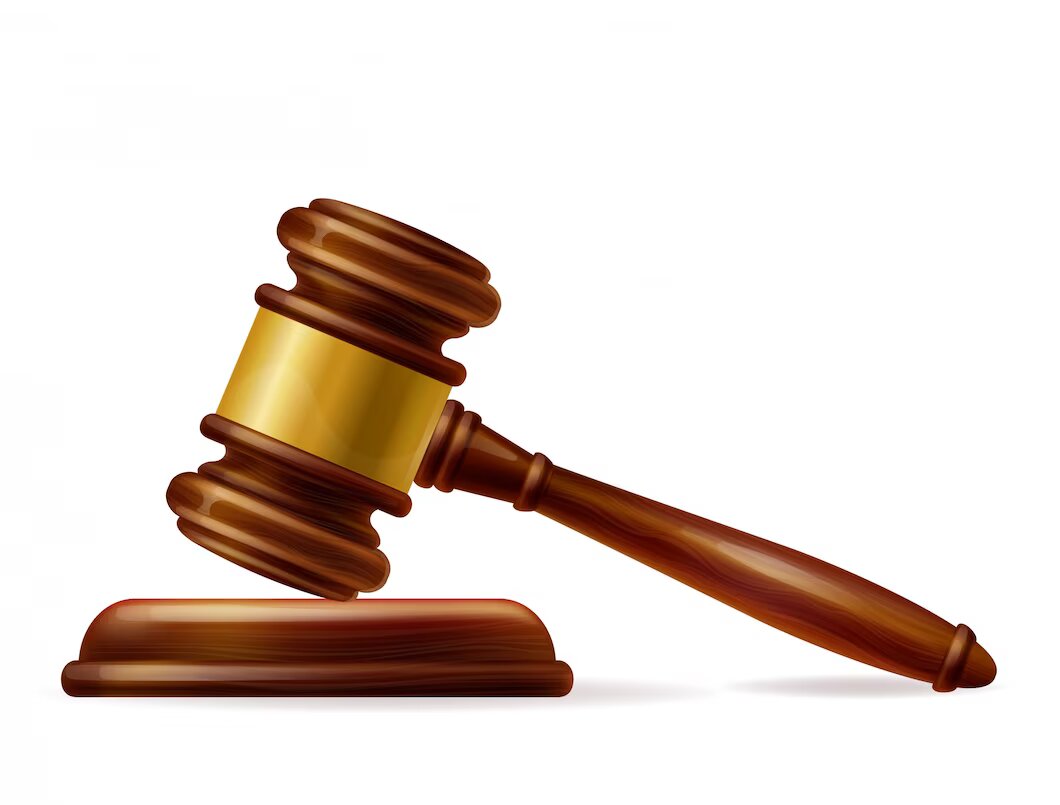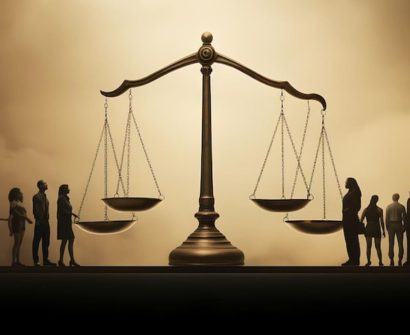
In the global arena of litigation, cross-examination in law is the traditional battleground where the clash of opinions and corroborating information often decides how matters turn out. It’s the aspect where persuasion takes the lead, narratives are questioned, and what’s true is examined. In this field, the dynamic cross examination approach provides a powerful tool in the hands of competent lawyers, who blend tact, feel, and manner to break down the complicated details of the case in question.
- As per the cross examination meaning, it is the process of formally cross-examining a witness who has been called by the other side in a trial to refute their prior testimony. Typically, Cross-examination inquiries are restricted to topics covered during direct examination.
- Asking a witness pertinent questions about the matter at hand is the essence of an examination.
- There are three methods to question a witness: court cross examination, re-examination, and examination in chief. In both civil and criminal matters, witness examination procedures are governed by the Indian Evidence Act of 1872.
- In civil proceedings, the initiator is the plaintiff; in criminal cases, the initiator is the prosecutor or complainant.
- Section 137 refers to the chief-examination of witness by the party who called him and the cross-examination by the other party.
cross examination evidence act: Principles
- A reasonable opportunity to cross-examine is granted to the opposing party.
- In the event that it is determined that the witness has turned hostile, both the adverse party and the party who called him may cross-examine the witness.
- Without a chief examination, cross examination in evidence act is not permitted.
- In the absence of an examination-in-chief, cross-examination is permitted if the police provide evidence to the witness during questioning that is detrimental to the party.
- The witness may be summoned back for the Cross-examination at a later time if the counsel is not available on the scheduled day.
- The evidence may become implausible if the witness fails to appear for cross-examination following the conclusion of the main examination.
- The court has every authority to interrogate a witness if it appears that they are confused during cross-examination.
- In nature, cross-examination is invariably viva vice.
section 154 of indian evidence act
The Act’s Section 154 allows the party to cross-examine its own witness. The party who called the witness has the right to cross-examine him.
- According to Section 154(1), the court may decide to allow the party in issue to ask any questions that the opposing party might ask during cross-examination.
- According to Section 154(2), the party is not prevented from relying on any of the witness’s testimony by the restrictions of this section.
To put it simply, this clause permits a party calling witnesses to cross-examine or ask leading questions of them with the consent of the court if the witness is determined to be uncooperative or hostile.
cross examination of a witness: Preparation
For Fact Witness:
- Gathering the witness statements is the first step. When it is gathered, the party conducting the cross-examination should carefully review it to comprehend the other side’s position.
- The inconsistent testimony of the witness could be used by the cross examiner to undermine their credibility.
- Ultimately, a comprehensive background investigation will assist in determining the witness’s prior behaviour and personality.
- It contains things like criminal accusations, earlier testimony, advantages from the result, and grounds for resentment.
For Expert Witness:
- An expert witness cross-examination requires careful planning, which cannot be overstated. They are experts in their domains.
- The lawyer who is cross-examining an expert needs to be well-versed in the relevant scientific fields.
- Experts must have a broad vocabulary to avoid misleading you with technical terms.
- The cross examiner ought to endeavour to ascertain the boundaries of their domain, the existence of any partiality, and prior declarations at odds with the prevailing viewpoint.
cross examination family law: How to Prepare?
- Examine Your Statement: Pay close attention to your statement if you provided one for the court. Verify that you are comfortable with the information you have supplied and that you understand what you have stated.
- Expect Questions: Consider the questions you might be asked during a cross-examination by the opposing side. Think about any contradictions or flaws in your evidence, and be ready to refute any of them if they surface during cross-examination.
- Remain Calm: Although cross-examination might be nerve-racking, it’s crucial to remain composed and concentrated. Inhale deeply and keep in mind that your purpose is to assist the court in comprehending the case’s facts.
- Take Your Time: You are not required to respond to questions right away. Ask the judge to clarify any points if you need more time to consider them or if you don’t understand the question.
- Keep It Real: It’s critical to be true to the facts when under cross-examination. Refrain from expressing beliefs or conjecturing; instead, concentrate on what you know to be true.
It is always helpful to remain collected and unagitated throughout a cross-examination. A lawyer needs to be quick on his feet since cross-examination is erratic. Try posing the questions in a tough yet courteous manner. Keep your eyes open and focused. Never pick a quarrel with a witness. Stay with the backup questions if a witness piques your interest. Pay close attention to the witness’s words and keep an eye out for any contradictions.
Cross-Examination FAQs
- What are the limitations of cross-examination?
The witness’s character must be questioned during the cross-examination. He is forced to provide absurd or implausible responses. Such answers should incite the jury to conclude that the witness is biased and unreliable, implying that his ideas are not to be trusted.
- What are the tips of cross-examination?
- Decide on Your Objectives for Every Witness.
- Ask Structured Questions That Enclose Witnesses.
- Employ Deconstructive & Constructive Cross-Examination in a Strategic Manner.
- Learn every detail of the witnesses’ earlier testimony.
- Stay Calm When Dealing with Uncooperative Witnesses.
- What are the requirements for cross-examination?
A person who has been summoned to provide a document does not automatically become a witness, and he or she cannot be cross-examined prior to being called as a witness.
- When cross-examination can be denied?
Only extraordinary situations or those in which the order sheet indicates that the other side or party often requests adjournments for any reason may result in the denial of this right.
- Under which section cross-examination is done?
During this phase of the trial, a witness summoned by the other side is questioned by one side to determine their credibility, evaluate their correctness, and look for biases or discrepancies in their evidence. Sections 137 to 166 of the Indian Evidence Act, 1872, govern the cross-examination procedure in India.
- Which Online rjs coaching is best for RJS preparation?
The reputable Jaipur Online rjs coaching program “Jyoti Judiciary Coaching” aids students in getting ready for the RJS exam. A systematic approach to RJS test preparation is made possible by Jyoti Judiciary, the top offline and online RJS coaching program in Jaipur. Their curriculum has been carefully designed to cover all the subjects and courses required for passing the Rajasthan Judicial Service Examinations.
- Which coaching is best for judiciary?
The most effective judiciary coaching in Jaipur is provided by Jyoti Judiciary Coaching. The objective is to create a comfortable learning environment for the students. It makes the difficult task seem easy, which increases the likelihood of achieving the desired outcome. The objective at Jyoti Judiciary is to give students the best possible education possible. The Institute pledges to use every resource at its disposal to provide you with the finest preparation for the Judicial Services entrance examinations.
With the goal of giving students the best coaching available for law entrance exams including the CLAT, AILET, and various other numerous state judiciary exams, Jyoti Judiciary Coaching, India’s Finest educational Platform, was established. Come enrol now with Jyoti Judiciary!
For any latest news, legal topics, judiciary exams notifications, patterns, etc watch Jyoti Judiciary’s YouTube channel for legal videos for any updates at https://youtube.com/@jyotijudiciarycoaching4852?si=2cwubh9d2A9urwJf










